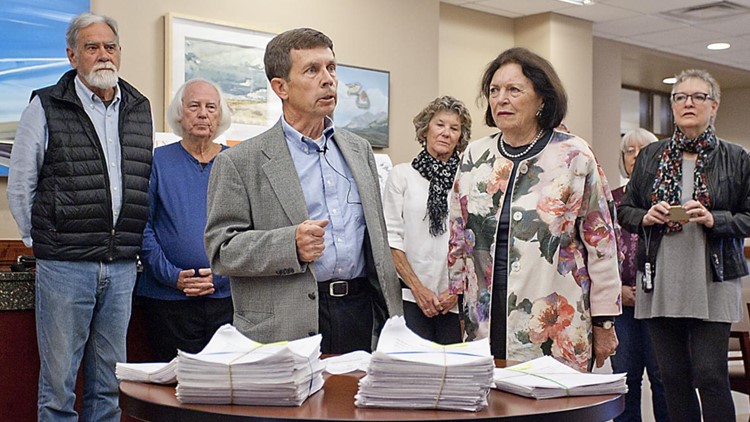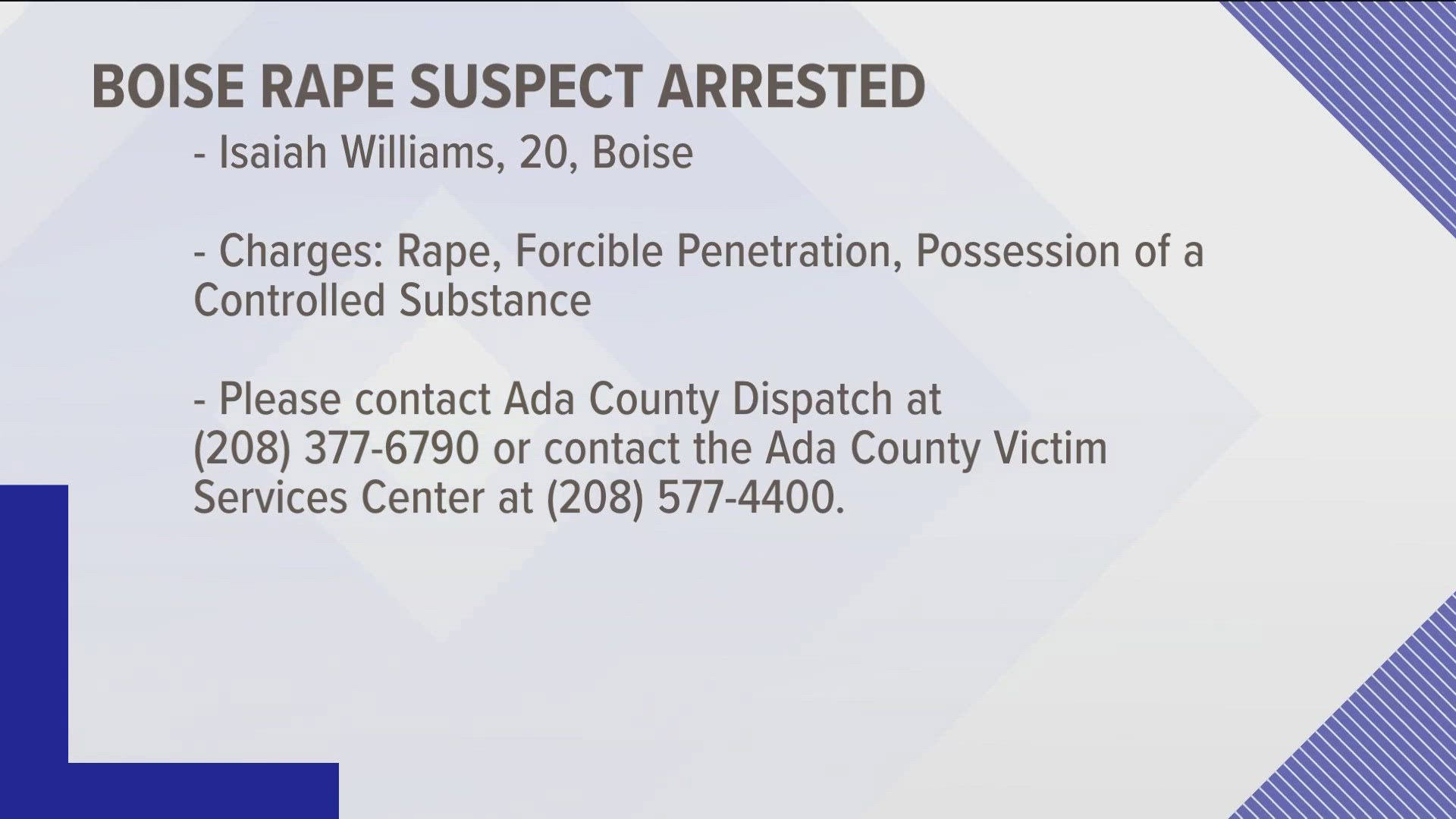BOISE, Idaho — The ballot initiative requiring a vote on a stadium project could be taken to the Idaho Supreme Court, but the citizens group behind the proposition says it’s legal.
Boise Working Together, which gathered the signatures for both Proposition 1 and 2 in 2019 to require a public vote on a main library and a sports park over a certain financial threshold, says the language it wrote and voters overwhelmingly approved in November does not violate the state constitution.
Earlier this week, former Boise City Councilman Scot Ludwig said he intends to file a writ of mandamus with the Idaho Supreme Court asking it to overturn the sports park proposition soon because it violates private property rights.
The ballot initiative on the sports park prevents the city of Boise from spending any funds on a stadium set to cost more than $5 million in either public or private funds. David Klinger, a member of Boise Working Together, said this does not prevent any private property owners from building a stadium with their own funds.
“There’s nothing anyway in these propositions that affects private developments privately funded,” Klinger said. “What it does say, and what the intent of the proposition is, is when there is city money invested in private development projects that a higher order of review and citizen consent would be required and that’s mandatory now for stadium projects of a certain size.”
Boise Working Together formed at the end of 2018 and collected enough signatures to get the sports park and library propositions on the November ballot. The goal was to give citizens more authority in two major projects that were ongoing — the city’s plans for a new main library, and its potential involvement in a public-private partnership to build a downtown stadium for the Boise Hawks and a minor league soccer team. Both projects have since been halted.
Ludwig, who said he is acting independently from the developer behind the stadium plans, said he will file a request to have the proposition looked at by the court because of his strong belief it infringes on developers being able to do as they please with their own land.
“My belief is someone who owns private property can do what they wish if it’s entitled as such,” he told the Idaho Press Wednesday. “It’s a tenant of our American society. Private property is private property, and somebody who owns it has the right to do certain things with it."
Since it was approved by voters, the ballot initiative was written into Boise city code. The city’s legal department is still studying the situation and it is unknown exactly what the city’s role would be in the legal matter, according to Boise Director of Community Engagement Adam Park.
No matter what happens at the courts, the future of the project remains uncertain. Newly elected Boise Mayor Lauren McLean said she is not interested in using any city funds for a sports park and wants to focus those resources on affordable housing instead.
“I am not interested or willing to spend city dollars on a stadium when we have affordability and transportation needs that are so important right now,” she said in a briefing with reporters Wednesday.
Since the election, developer Chris Schoen with Greenstone Properties told city officials he will not be purchasing the piece of land at the corner of Main Street and Whitewater Park Boulevard that was supposed to be the stadium site. BoiseDev.com also reported earlier this month he is trying to sell a nearby piece of land where the Symposium bar is located.
More from our partners at the Idaho Press: Canyon County jail trailers near opening for female inmates



